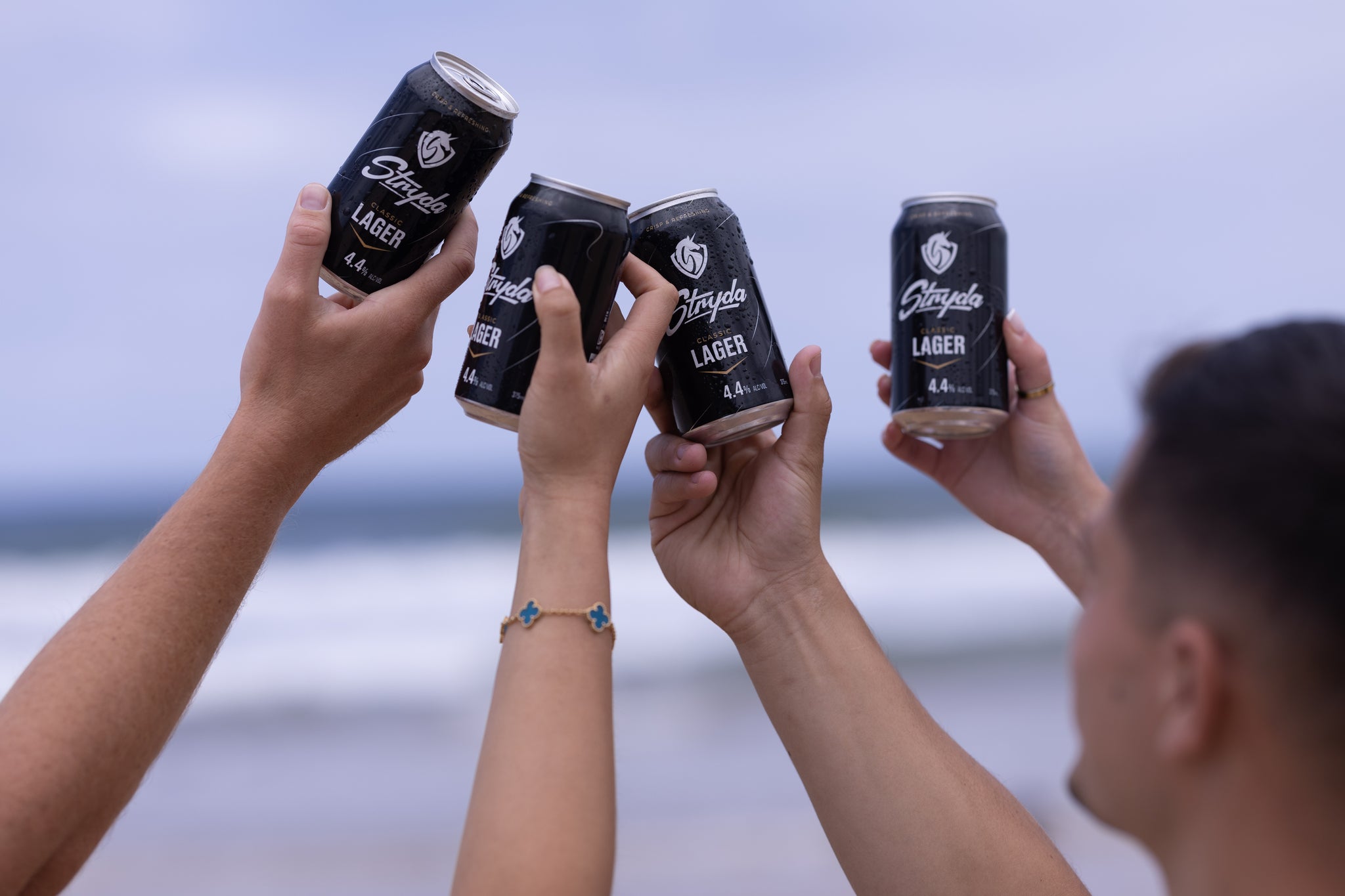Creating the Perfect Brew. Factors Influencing Beer Quality
Introduction
Beer enthusiasts can attest to the fact that a great beer is more than just a drink; it's a carefully crafted experience. Achieving the perfect pint of beer involves a meticulous process that encompasses a multitude of factors, from selecting top-quality ingredients to ensuring proper storage conditions. In this blog post, we'll delve into the key factors that significantly impact the quality of beer, ensuring a delightful experience for all beer lovers.
Ingredients: The Foundation of Flavour
When it comes to brewing beer, the saying "you get out what you put in" couldn't be more accurate. The quality of the ingredients used is paramount in shaping the final product. These key components include malt, hops, yeast, and water, each contributing distinct characteristics to the beer.
- Malt: The type and quality of malt used heavily influence the beer's colour, body, and sweetness. Malt selection can range from pale malts for light lagers to roasted malts for rich stouts. To ensure top-notch quality, the use of fresh, premium malts is crucial.
- Hops: Hops are responsible for the beer's bitterness, aroma, and flavour. The variety of hops and the timing of their addition during the brewing process can create a wide spectrum of tastes, from floral and citrusy to piney and earthy. Choosing the right hops and handling them with care is essential.
- Yeast: Yeast is the magical microorganism that ferments the sugars from malt into alcohol and carbonation. Different yeast strains yield different flavours, aromas, and fermentation characteristics. Maintaining yeast health and using appropriate strains is vital for consistency.
- Water: Water is the unsung hero in beer production. It forms the base of the beer and affects its mineral content, pH, and overall flavour profile. Breweries often invest in water treatment to ensure it meets the specific needs of each beer style.
The Brewing Process: Precision at Every Step
The brewing process itself is a symphony of precise steps and careful control, where even the slightest deviation can impact the beer's quality. Here are some key factors that brewers meticulously manage:
- Mash Temperature: The temperature at which the malt is mashed significantly affects the beer's body and sweetness. A higher mash temperature produces a fuller-bodied, sweeter beer, while a lower temperature results in a drier, crisper profile.
- Boil Duration: The duration of the boil influences both flavour and bitterness. Hops are typically added at specific times during the boil, with earlier additions contributing bitterness and later additions contributing aroma and flavour.
- Fermentation: The fermentation process is where yeast works its magic, converting sugars into alcohol and carbonation. Controlling the fermentation temperature and monitoring the yeast's health and activity ensures the desired flavours and aromas develop.
- Carbonation: The level of carbonation can make or break a beer. Brewers carefully measure and control the carbonation level to achieve the appropriate effervescence.
Our commitment to precision in every step of the brewing process is a testament to our dedication to delivering high-quality beer to our consumers.
Storage Conditions: Protecting Beer's Integrity
Once the beer is brewed, it's essential to maintain its quality through proper storage conditions. Beer should be stored in a cool, dark place to prevent exposure to three main enemies:
- Heat: Heat can accelerate the aging process of beer and lead to off-flavours and spoilage.
- Light: Ultraviolet (UV) light can cause a chemical reaction in beer, leading to the production of compounds that create an unpleasant "skunky" aroma and flavour.
- Temperature Fluctuations: Extreme temperature swings can cause beer to expand and contract, potentially allowing oxygen to enter the bottle or can, which can lead to oxidation and off-flavours.


